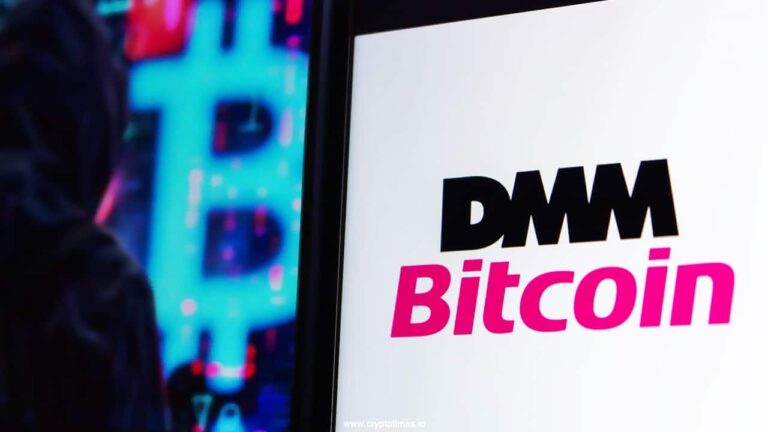Hook: Imagine waking up to find that your hard-earned crypto has been stolen in a hack. What if there was a rule that could force companies to give you your money back? The US is looking to make this a reality!
The U.S. Consumer Financial Protection Bureau (CFPB) just dropped a big proposal that could completely change how we think about the security of our digital money. If this rule goes through, crypto users might be protected in the same way that bank account holders are—especially when it comes to losing funds to hacks. Here’s why this matters and how it could help you.
What’s the Big Idea?
The CFPB wants to create a rule that would require crypto companies to refund users for money lost in cyberattacks. Imagine a situation where someone hacks into a crypto wallet or exchange and steals assets like Bitcoin or stablecoins. Under this new rule, the companies providing these services could be legally obligated to return stolen funds, just like banks are required to protect users from errors or fraud in traditional accounts.
Right now, when you use crypto, there are no guaranteed protections if you lose your funds due to a hack. This proposed rule could change that by considering digital assets like crypto as “funds” that should be protected under laws similar to those that safeguard traditional bank accounts. It would cover everything from stablecoins (a type of cryptocurrency tied to the value of a real-world asset) to other cryptocurrencies that function as money.
Key Terms to Remember
- CFPB (Consumer Financial Protection Bureau): A U.S. government agency that protects consumers in financial markets.
- EFTA (Electronic Fund Transfer Act): A law that protects consumers from errors or fraud when transferring money electronically, like with debit cards or bank transfers.
- Stablecoins: Cryptocurrencies designed to have a stable value, often pegged to a real-world asset like the U.S. dollar.
- Fungible Assets: These are assets that can be exchanged for others of the same type and value, like dollars or Bitcoin.
Why is This Important?
If this rule is passed, it could change the entire crypto landscape, offering a level of security that most people don’t currently have. Think about it: if a bank account gets hacked, you usually get your money back, right? The same protection could now apply to your crypto. This would help build trust in the digital currency space, where thefts have been increasing. For example, more than $2 billion worth of crypto was stolen in hacks last year alone.
Why You Should Care
As crypto continues to grow, more people are using it for everything from savings to buying goods and services. With this growth, the number of scams and hacks is also rising. If this rule becomes law, it could force crypto firms to keep more money in reserve to cover potential losses, making them more responsible and ensuring your investments are safer.
The Bigger Picture
The rule is currently open for public comments, and it might go into effect before President Biden leaves office. But if this proposal succeeds, it could be a game-changer for the entire crypto industry. It’s a move toward making digital currencies as secure as traditional ones, which could lead to more widespread adoption of crypto, as people will feel safer using it.
Steps to Remember
- Crypto protection could expand with new rules making companies responsible for stolen funds.
- Emerging payment systems, like crypto, could be included in protections like bank accounts.
- Public comments on the rule will be open until March 31, so people can share their thoughts.
So, whether you’re just starting to explore cryptocurrency or already involved in the space, this proposal is something you should keep an eye on. It could be the first step toward making digital money as secure and trusted as the money in your bank account!


